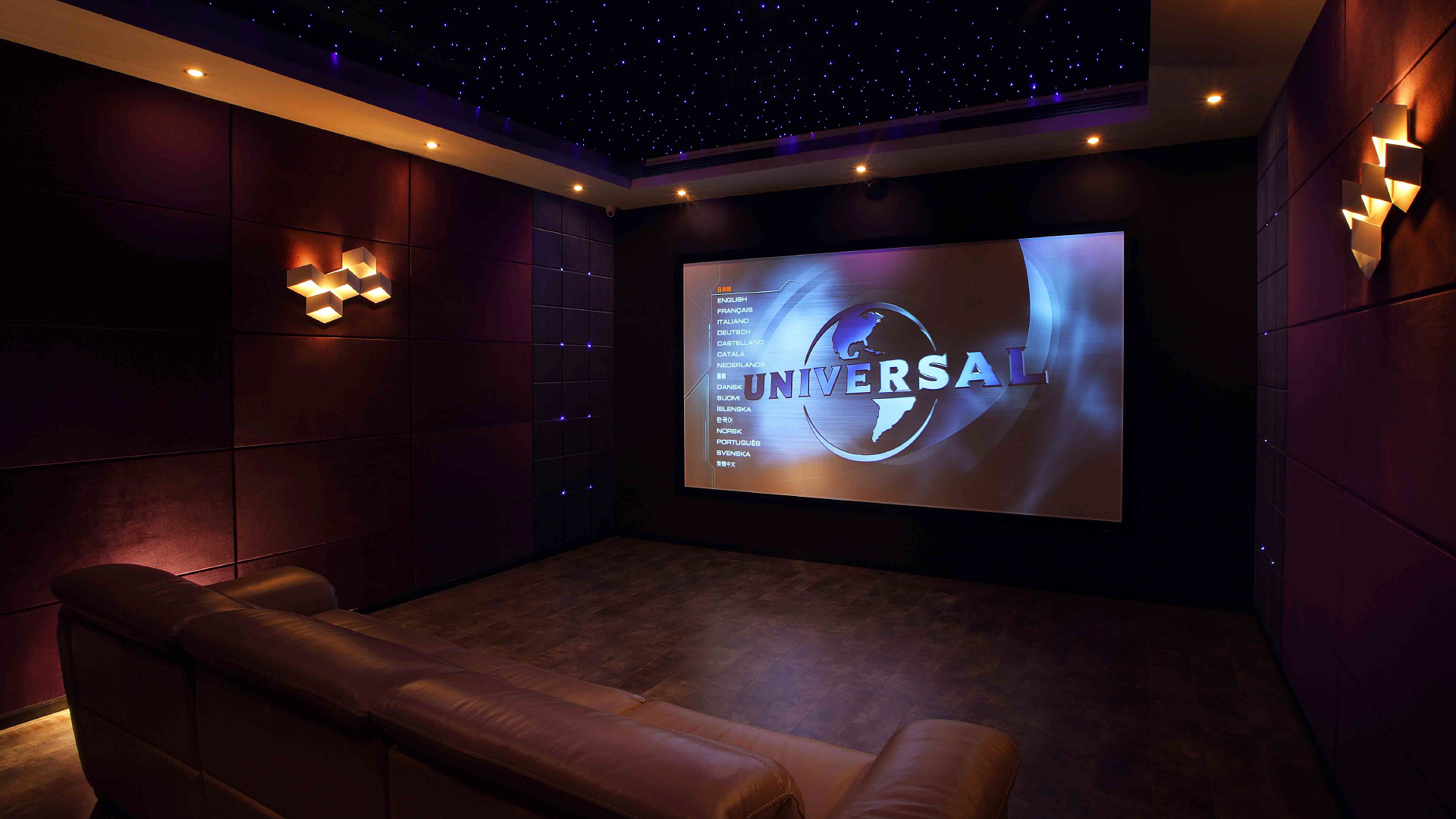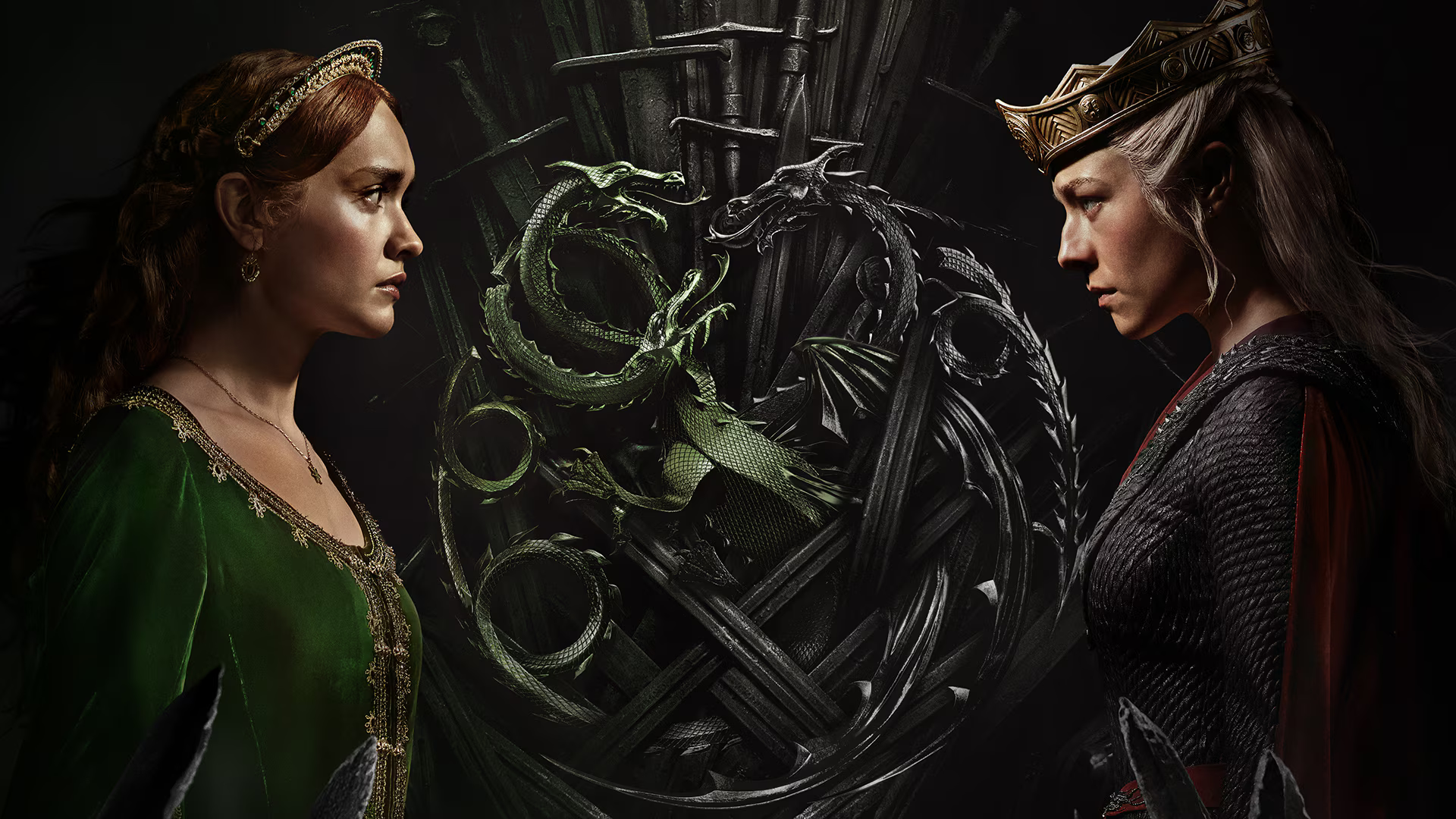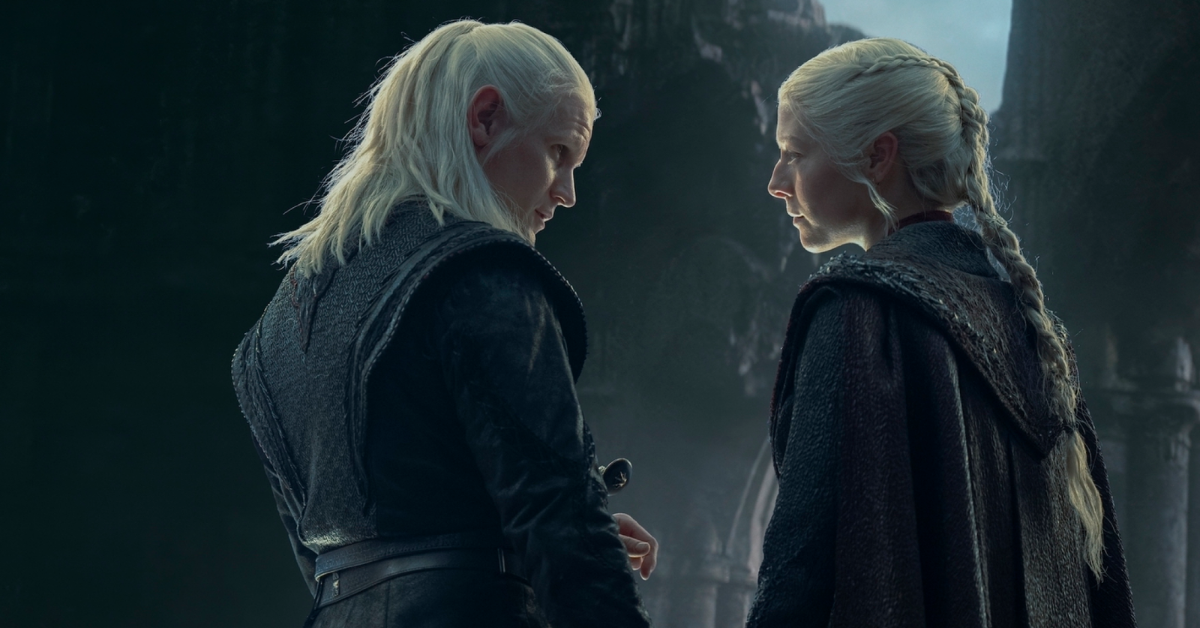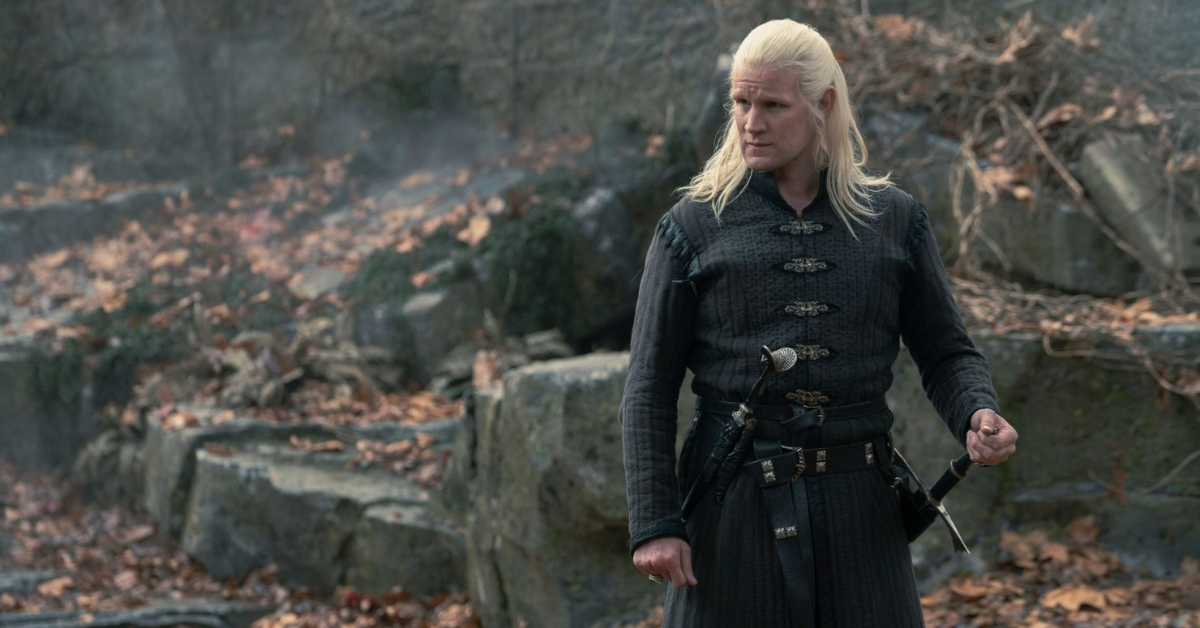One of the major highlights of my time covering the deadCenter Film Festival this year was seeing Heartland and talking with the creative team including screenwriter/actress Velinda Godfrey and director, Maura Anderson. Just seeing the trailer and having this interview got me very excited to see the film and it did not disappoint!

Watch out dear reader, this is not a review, it’s analysis! I will give my review-style impressions briefly, but the bottom of this essay will be teeming with spoilers, so proceed at your own risk. I will provide another warning once the spoiler section starts. I don’t think the experience of Heartland is that dependent on being spoiler-free, but this is a “know thyself” moment for you.
Heartland is the story of a young woman, Lauren who, in wake of the death of her girlfriend moves back to her hometown. There she meets her brother’s girlfriend, Carrie, (Laura Spencer) and the two women begin an affair.
Let me say just a few things in introduction and review. First of all, I came away a big fan of this film. Every performance is top notch, the location choices do better than any movie I can recall at giving a real sense of what Oklahoma is like, and the entire production from scripting to direction to editing to cinematography is top-shelf.
I was particularly struck by a scene toward the end of the film of a family argument. Throughout the film there is a use of a combination of handheld, static, and moving camera techniques. However all the uses of the camera give this beautiful sense of the emotion felt in the rhythms of reunions with old friends, quiet longing, and fresh grief. In this moment when it turns to anger, the camera goes entirely handheld and develops a frenetic energy that is absolutely true to the moment and does not feel like a hard departure from the rest of the film. Personally I was in knots during this scene and felt a sense somewhere between anxiety and fear as the events unfolded. It is that sort of mastery we see throughout the film in every department.
Narratively speaking, the story remains engaging from titles to credits. Godfrey’s role as the lead brilliantly captures the emotional roller coaster of loss, anger, attraction and guilt we ride throughout the movie. The story itself seems genuinely real in part in the way it manages to achieve the difficult task of coming to a resolution without resolving everything. Like life, not everything is neatly tied up, and there remain questions, ambiguities and loose ends. Heartland masterfully captures a sense of reality and believability.
SPOILERS START NOW
However, the most fascinating aspect of Heartland for me (which surprises no one) is how it stands up to analysis. Particularly relevant for this film is its feminism especially its relationship to French psychoanalytical feminism as found in the work of Hélen Cixious. The film is primarily about a woman and her trauma in which the labels and words of the culture around her (think the Symbolic Order in Lacanian terms) renders her silent. Lauren is unable to speak to her mother (played by the fabulous Beth Grant) about her loss because she and Lauren have an unwritten rule that Lauren’s sexuality can never acknowledged with words. She is denied the pleasure of knowing/communicating herself primarily by a taboo placed on certain words. The primary story of the film is Lauren’s journey to find a way to speak and her choice to violate the prohibition.
Lauren’s mother, Crystal, is not simply an agent for the system of the Symbolic which silences Lauren. She is also silenced herself to speak up for her child and herself, both of which are not burdens borne lightly for her. Though at the end of the film there is a still much left to be resolved between Crystal and Lauren, the status quo appears to have been re-establish with Crystal still locked in the prison house of silence in which she cannot speak who she is for fear of the consequences for violating the language of the Real.
Furthermore, Carrie is full of words but is silenced by a world of men. She is allowed to talk a lot, but never to say anything. She finds herself constantly fighting to make her case, as she puts it “have the floor”. Additionally there is this constant tension she experiences from doing what others (mostly men) have expected of her. Lauren finds a voice by breaking her silence, Carrie does so by discovering her body. I do not merely mean the affair here, though that is in fact a strong example. Throughout the film, there is a a certain sterility to Carrie and the world from which she comes in which she is interacted with as more as a business mind (even by her boyfriend) than an embodied human, mediated through spreadsheets, cell phones and iPads. She is very much the disembodied feminine described by Cixious. Her experiences with Lauren are all fundamentally bodily: getting drunk, hopping fences, feeling the outdoors and sunshine, and swimming. In all of this (and, of course, the affair) Carrie is able find her silenced self, masked insidiously by her many words, and speak herself truly for what appears to be first time in her life.
Cixious writes in The Laugh of Medusa, that these verbalizations both auditory and textual are expressions of the female body and a vital form of authorship. This film marks the 34th film I have watched after accepting the #52FilmsbyWomen challenge. I have been troubled by the politics and approaches to feminism in some of these films (for the record, not all of them particularly address feminism) but this particular film is what Cixious would call “white ink”, female writing that speaks the woman holistically and fully integrated. Anderson and Godfrey have not just told an interesting story set in a surprising place, they have made in film in which women are able to see a story in which women on screen become fully integrated on the levels of body, mind and spirit use that integration to find a voice, then speak.
Heartland is not just good, it’s kinda heroic.
Dustin Sells is studying for a PhD in Screen Studies at Oklahoma State University. Sometimes he gets some sleep. Check out Dustin’s most recently viewed films on Letterboxd @DustinSells or follow him on Twitter @dustin_sells or follow him on Twitter




Leave a Reply